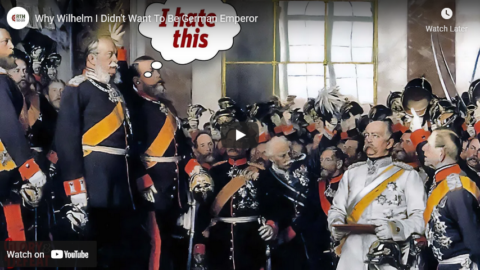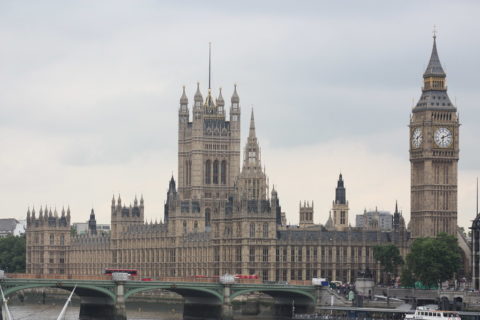In Spiked, Gareth Roberts wonders why Britons should continue to pay an annual license fee to support a media conglomerate that demonstrably hates them and their country:
Culture secretary Nadine Dorries, the most ardent of Boris Johnson stans, obligingly threw the deadest of cats on to the table at the weekend to distract from the woes of her beleaguered boss. She announced a two-year freeze on the BBC licence fee and dangled the prospect of scrapping it entirely.
Dorries must be well aware that any threat to the BBC always results in a Furies’ chorus of anger, horror and prophecies of woe, coming from precisely those people the Tory grassroots are likely to detest. And up they obligingly popped – Polly Toynbee, Nish Kumar, Gary Lineker, all present and correct. This wasn’t so much political theatre as a pantomime with stock phrases and responses. She’s behind you!
Behind all this repetitive call and response, there is something different this time around, on both sides. Dorries was noticeably blatant and direct when she tweeted that this licence-fee consultation “will be the last” (though she seemed less so in the Commons a couple of days later). And her detractors seemed more at a loss, struggling to find the counter examples of BBC excellence that used to come quickly and easily to hand. Citizen Khan creator Adil Ray tweeted a BBC promotional video asking “What has the BBC ever done for us?” that was made 36 years ago. Comedian Simon Day provided a list of great BBC comedies going back to the 1950s, which contained only one show commissioned in the last 15 years.
Canada’s CBC has a similar attitude toward Canadian culture and (ugh!) Canadians that the BBC displays, but the CBC gets direct government subsidies rather than a formal TV license required of all British TV owners. It’s quite reasonable to wonder what benefit Canadian taxpayers and British license-holders derive from all this financial support of increasingly unwatched TV and online propaganda that mocks and belittles them:
What this seems to show is that the BBC is now in a fix. In a way, the BBC hasn’t changed all that much. It is doing now what it has always done, reflecting and embodying a certain section of the middle class. When that section was sane, or at least fairly sane, that could be irritating on occasion, but we all forgave it because it had its heart in the right place. But in the past decade, the nominally “liberal” middle class has, to put it politely, gone both doolally and totalitarian.
To consume the BBC since about 2012 is to be never more than 10 minutes away from being scolded or berated, usually based on some spurious identity-politics talking point imported from the sick vortex of American academia. (On Radio 4 this happens much more frequently, about every 35 seconds.) It is unbearable, like paying £159 a year, on pain of imprisonment, to be told off by a particularly irritating polytechnic lecturer.
BBC News gets a lot of stick for this, understandably, but the Beeb’s drama, comedy and documentary output is now infested with it, too. It’s the same crushingly banal suite of opinions across everything.
Life before Blair was a grey, damp horror, a cultural wasteland of prejudice where Oswald Mosley had huge amounts of support (strangely enough, insinuating that people’s grandparents were all fascists doesn’t endear them to you). Working-class whites are bigots who can’t be trusted with basic information in case they start a race war. Fiona Bruce has kittens live on air when a doctor states the simple fact that it’s impossible to change sex. The BBC’s younger journalists have to be told that people have different opinions. If upper-class or working-class people can’t be shamed or blamed for something, the BBC just isn’t interested. It is stultifyingly bourgeois.
The BBC is often valued, and often trumpets itself, as a thing that brings the nation together. I think it has transmogrified into doing the opposite, with a superior sneer that treats Britain like something it’s found on its shoe.








